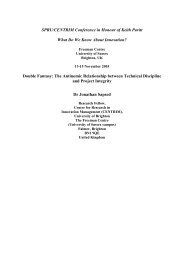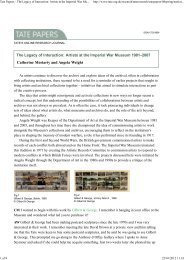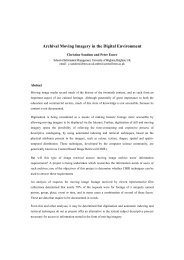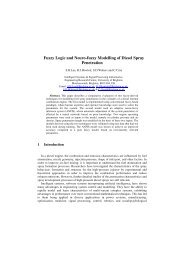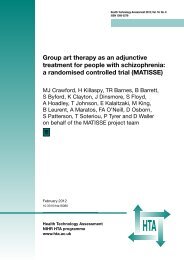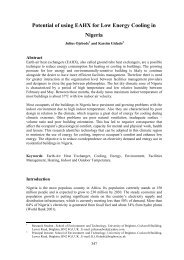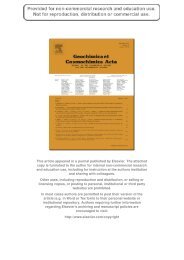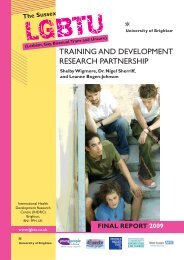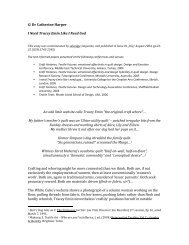NESTA Crime Online - University of Brighton Repository
NESTA Crime Online - University of Brighton Repository
NESTA Crime Online - University of Brighton Repository
You also want an ePaper? Increase the reach of your titles
YUMPU automatically turns print PDFs into web optimized ePapers that Google loves.
The rise <strong>of</strong> online and telephone banking have also increased opportunities to obtain<br />
personal data through phishing and vishing. In 2006, 24 million UK adults used remote<br />
banking to access their main current account, and APACS anticipates that by 2014 over<br />
two in three adults will be using remote banking. 71 The majority <strong>of</strong> these users use only<br />
the Internet to access their main account. The active transit <strong>of</strong> online banking has<br />
resulted in total losses <strong>of</strong> £33.5 million in 2006 for online banking fraud from scams such<br />
as phishing and Trojans, an increase <strong>of</strong> 44 per cent from 2005. 72<br />
However, these figures are expected to rise in the near future with the higher incidence<br />
<strong>of</strong> phishing attacks and the widespread presence <strong>of</strong> password stealing malware. In the<br />
UK, APACS reported phishing attacks have grown from fewer than 2,000 in 2005 to<br />
nearly 14,000 in 2006 to nearly 26,000 in 2007. 73<br />
Figure 4<br />
Source: APACS, (2008).<br />
71 APACS (2007), “Payment facts”, at<br />
www.apacs.org.uk/media_centre/documents/070522_FINAL_<strong>Online</strong>BankingFactPack.pdf.<br />
72 APACS, (2007), “Fraud the facts”.<br />
73 BBC News, (2008), “Bank phishing on the rise,” 24 th July. A phishing 'incident' is an incident where the bank<br />
or banking service provider is compelled to react to a phishing problem and records it as such.<br />
Page 25





